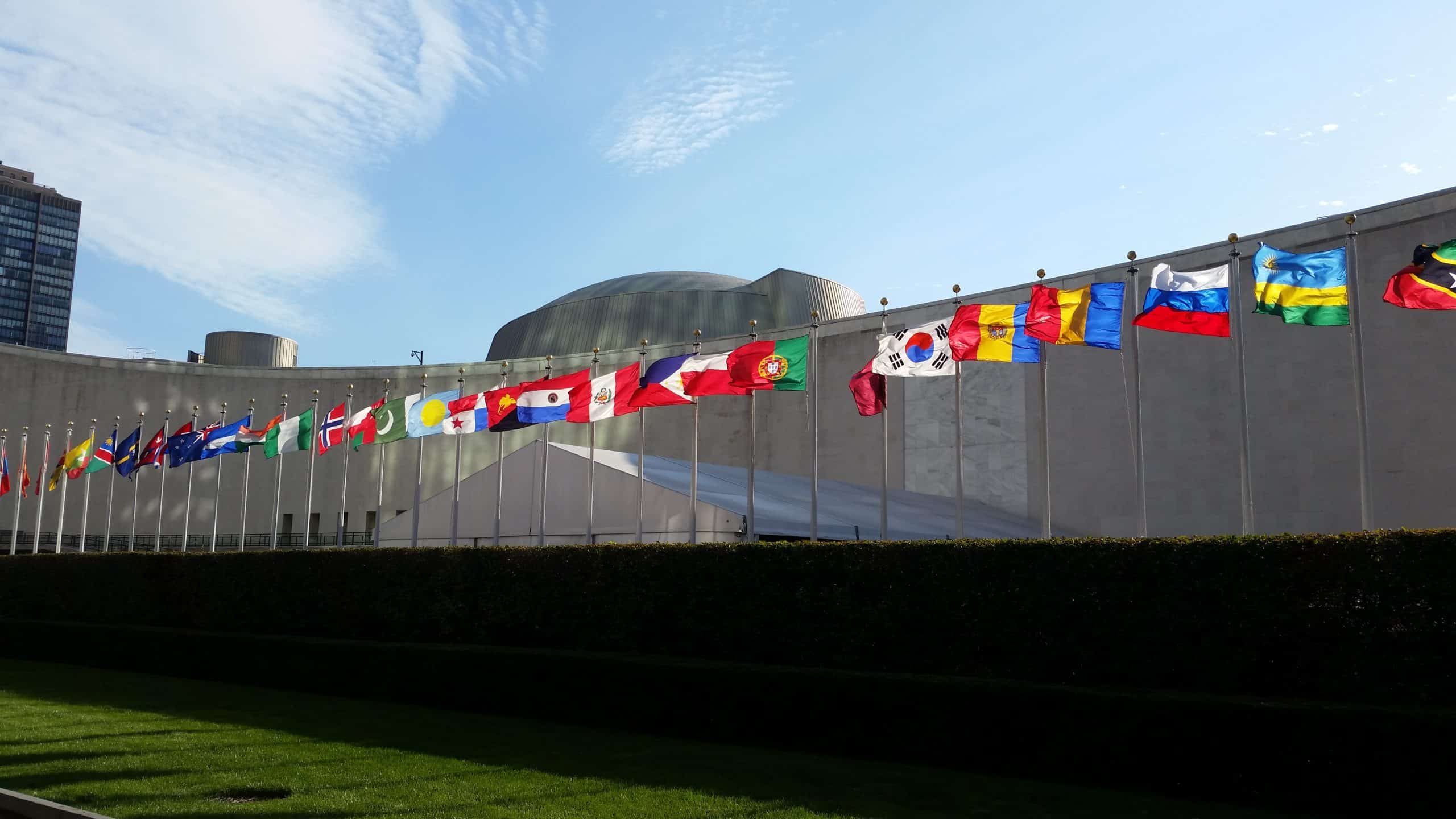In a new op-ed published at Slate, David Kaye, the U.N. Special Rapporteur on the freedom of expression, and Brett Solomon, our executive director, argue that in global policy, connecting the developing world to the internet isn’t enough. Respect for human rights must go “hand in glove” with the drive to connection.
They write:
To be clear, universal access to the Internet is a paramount goal that we share. Without the Internet, billions lack access to the 21st century’s essential global forum for expression, communication, information, innovation, and wealth creation. Accordingly, the U.N.’s ambitious “Global Goals for Sustainable Development,” adopted last month to great fanfare by the U.N. General Assembly, rightly emphasize that access to technology underpins every other “Global Goal” toward the eradication of extreme poverty.
And yet, at the U.N. last month, the conversation missed an important element: the kind of Internet to which the next 4 billion will connect. Will the Internet be free and open as it has largely been over the last three decades, or will new users join an increasingly tracked, surveilled, censored, insecure, and restricted platform that violates their basic rights?
In order for connectivity to deliver on its promise, they argue that global leaders — such as those attending the World Summit on the Information Society forum later this month — need to “embrace the challenge of building a framework for human rights in the digital age that allows the internet’s current billions and next 4 billion users to connect seamlessly, securely, affordably, and openly.”
That means, among other things, ensuring that Net Neutrality is guaranteed “wherever internet infrastructure is being built out,” and that the “13 ‘Necessary & Proportionate‘ Principles, which apply human rights to communications surveillance,” are “adopted and implemented as a framework for rights-respecting connectivity.”
